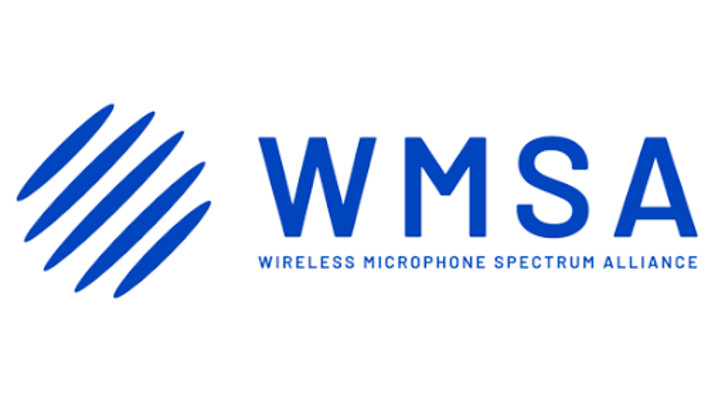FCC preps for auctions
The professional video industry's #1 source for news, trends and product and tech information. Sign up below.
You are now subscribed
Your newsletter sign-up was successful
In a speech before the October Spectrum Summit, FCC Chairman Julius Genachowski announced that the FCC is fully prepared to mandate incentive auctions, which will drive some broadcasters off the air. Oh, he didn’t put it in such dire terms. Rather, Mr. Genachowski compared his goal of putting broadband in every pocket to Eisenhower’s building of a nation-wide highway system.
Genachowski spoke eloquently about the “benefits of smart infrastructure policies.” He said, “spectrum is the oxygen of our mobile communications infrastructure and the backbone of a growing percentage of our economy.” Continuing, “Since the moment I arrived at the FCC, we have focused on the extraordinary opportunity of communications technology. This is a transformative moment we must seize.” (My emphasis added.) Where have I heard that word before?
The chairman’s comments were supported by the FCC’s issuance of a 27-page white paper titled, “Mobile Broadband: The Benefits Of Additional Spectrum.” Quoting the chairman, this white paper “offers new insights into the looming spectrum crunch.” Oh goodie, another crisis to exploit.
Combined, Genachowski’s statements made plain that as far as the chairman is concerned, it’s a matter of when, not if the FCC conducts incentive auctions to claw back spectrum from television stations.
How might a broadcast spectrum auction work?
According to an Oct. 21 post at broadcastlaw.blog, an FCC economist recently described the auction process. Each broadcaster will have to “make a bid” deciding what amount of money would be required for them to accept one of three options:
1) Share a channel with another broadcast station;
The professional video industry's #1 source for news, trends and product and tech information. Sign up below.
2) Move to a VHF channel; or
3) Cease broadcasting (Note, this option would not preclude the station from continuing operations as a cable/satellite program supplier.)
Armed with this information, the FCC reconciles the stations’ bids to release spectrum versus bids from potential new users and will then select the spectrum winners. Lastly, the commission repacks the spectrum.
Said the blog, “It will be interesting to see how the FCC will conduct a rule making in the abstract, as it is almost guaranteed to not have any statutory authority for the type of auctions it will be seeking to draft regulations to govern.”
NAB’s reaction to the proposed FCC actions was muted. According to Bloomberg Businessweek, NAB spokesman Dennis Wharton responded to the chairman’s comments saying, “We look forward to working with the FCC.” What? That’s all NAB’s got?!
Such words must come easy when your main business is running conventions.
The reality of spectrum auctions, which appear will be less voluntary than originally promised, is stark. At least two things are clear. First, massive disruptive changes are coming to television broadcasters, and not all television stations will choose to remain in business. Second, survival will depend on having access to good information and data to make the best engineering and business decisions.
Broadcast Engineering magazine will be there to help you make good decisions.
